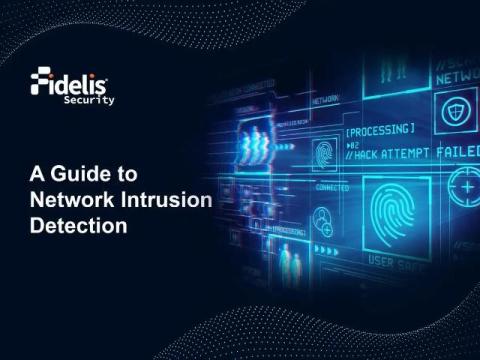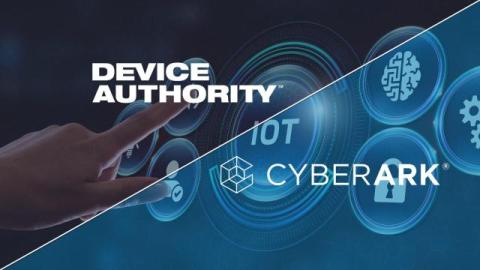Understanding Network Intrusion Detection and Why Your Business Needs It?
Network security is no longer a luxury but a necessity in the world that is going digital, and Network based Intrusion Detection Systems (NIDS) have become one of the major parts of securing your system. NIDS is like a loyal watchdog that keeps looking into the traffic across the network. But what are the cybersecurity basics behind network intrusion detection? At its core, you need to understand that Network-based Intrusion Detection Systems monitors incoming and outgoing network traffic in real time.










